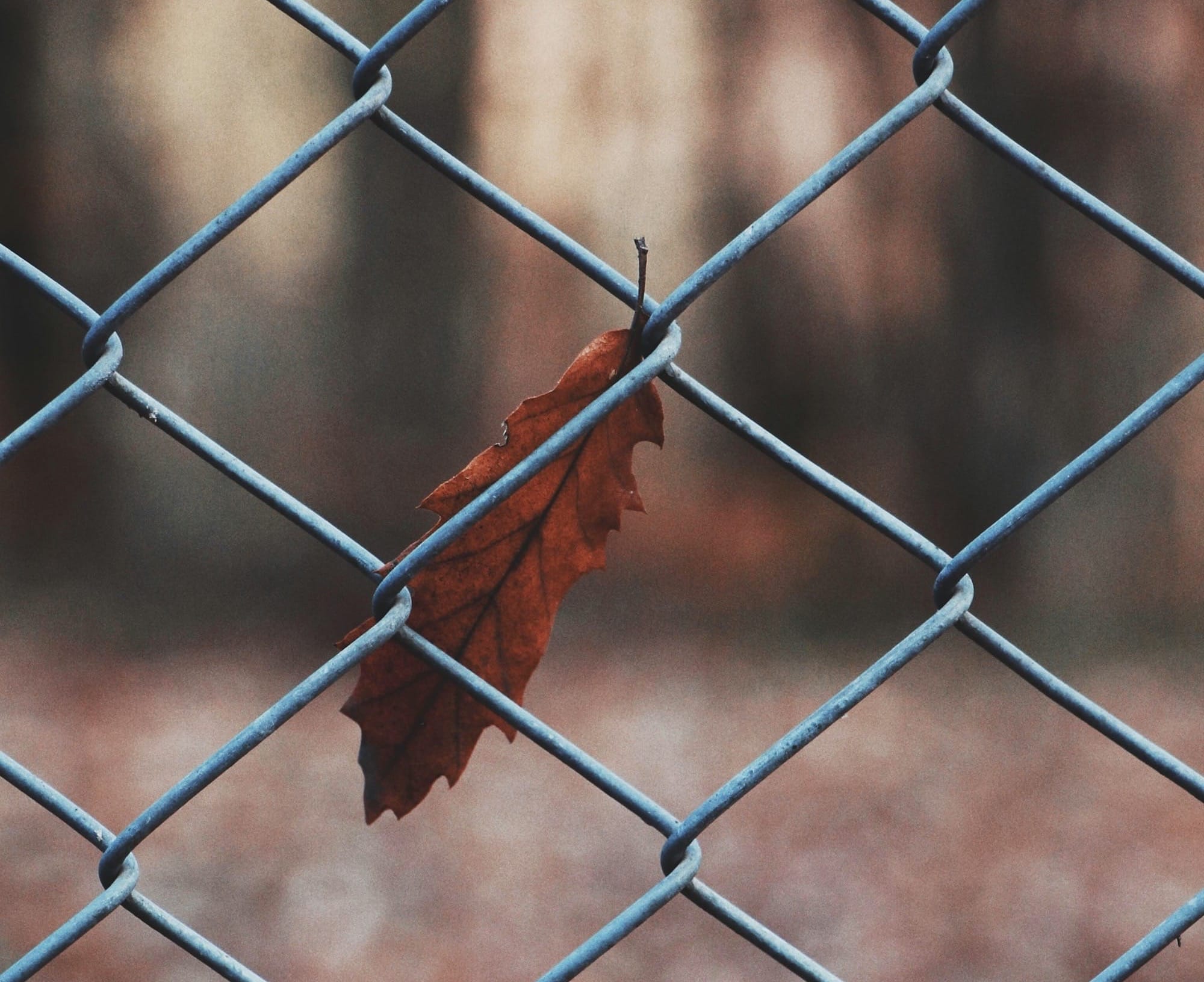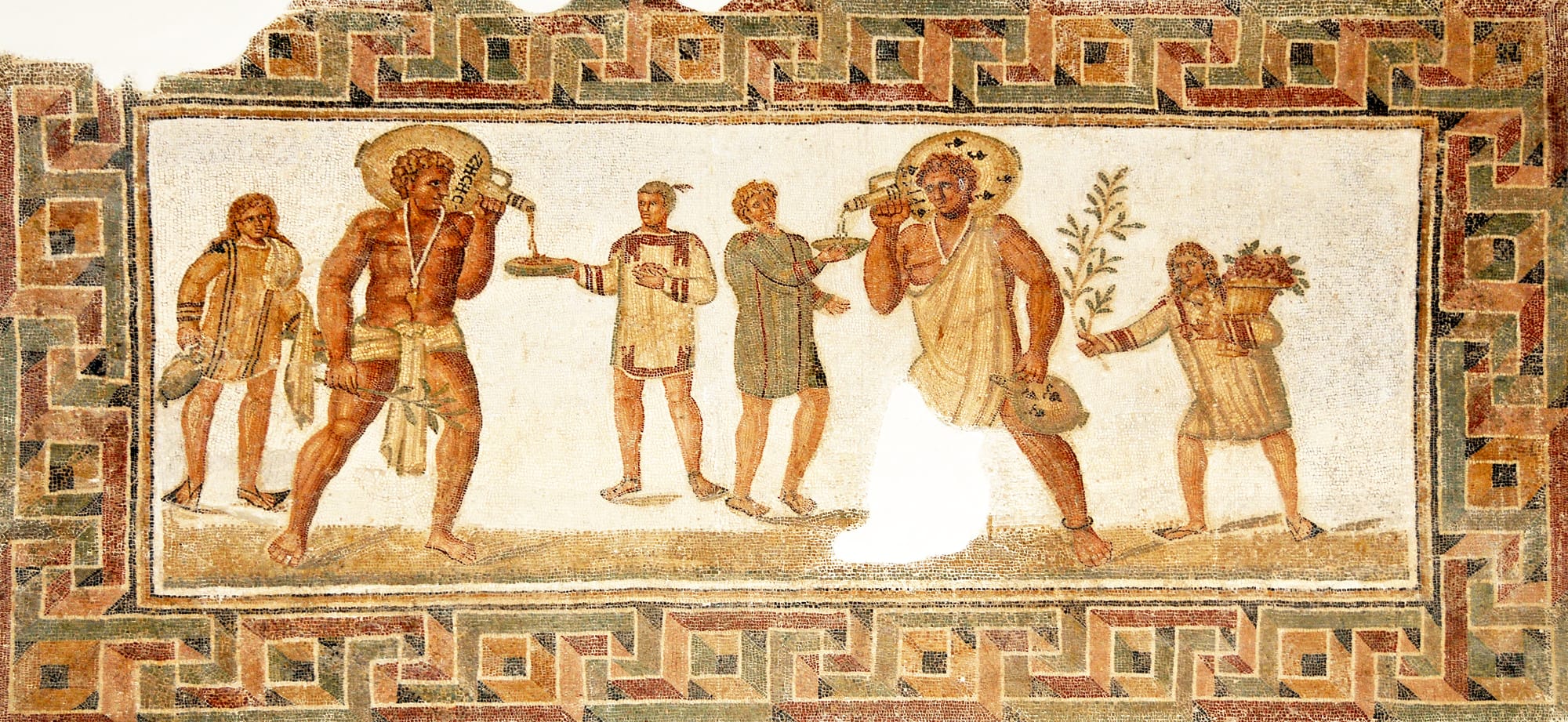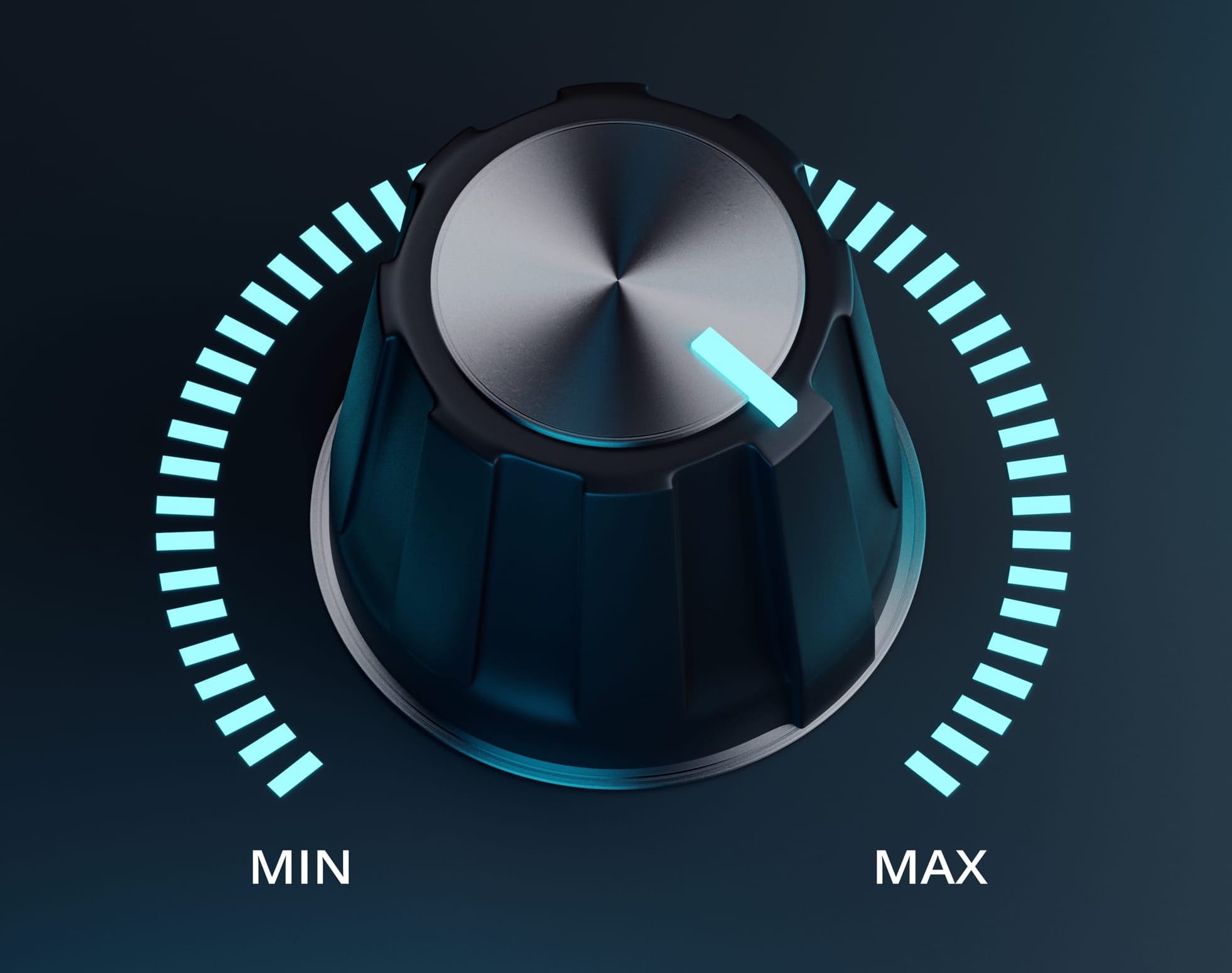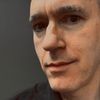What is Power? Part 3: Powerlessness
Without power, we can neither cause nor resist change. Instead of being subjects in our own stories, we become means to an end in someone else's.

The shortest route to understanding the role of power is to become powerless. Without power we very quickly realise why we need it and what it does for us, just as holding our breath underwater reveals our need for air.
Without power, we might exist—but we’re unable to change either ourselves or the universe we inhabit. Things happen to us, not by us.
We’re like a piece of gravel that gets wedged into the tread of a shoe and brought into the house, only to be swept outside if we’re noticed. Or a leaf tossed randomly on the wind until it’s caught on some wire fence.
So though our relationship to the universe may change, it won’t be through our own actions or choices. Without power, we get no say in the matter.
Who’s writing our story?
We become objects in the stories of others rather than protagonists of our own narratives—a resource to be exploited, a tool to be used, an obstacle to be overcome.

You could say we lose our ‘author’ status, a word that’s etymologically related to the word ‘authority’ (Latin: augeo, meaning “to augment, enlarge, expand”). We get no say in what happens to us, and we get no say in any future state of the universe. Whenever the universe gets to vote on something, we’re not invited.
So whilst we might want the universe to operate differently to the way it does now, without power we have no more capacity to remodel the world in accordance with our needs and our wants than does a stone.
Powerlessness, dependency and suffering
Like a stone or a leaf, being powerless means we find ourselves subject to the mechanistic processes of the universe:
- Gravity pulling us downwards.
- Chemical reactions finding their equilibrium.
- Matter randomly colliding with us—wrong place, wrong time.
We might even say that without power, the only qualitative difference between ourselves and a stone or a leaf is that:
- A stone or a leaf cannot know that it lacks author status. We, on the other hand, do.
- A stone or a leaf cannot feel what happens to it. We, on the other hand, do.
- A stone or a leaf cannot experience the needs (and wants) of being alive. We, on the other hand, do.
A stone or a leaf without power will simply continue to exist—unknowing, unfeeling and without need or want—until it finds itself repurposed by the universe.
But as human beings without power:
- Knowing we are powerless, we despair.
- Feeling what happens to us, we suffer.
- Experiencing need without capacity to fulfil those needs, we’re utterly dependent.
Despair. Suffering. Dependency. It’s not difficult to see why these saturate the human experience of powerlessness. Nor is it hard to appreciate the hopelessness of learned helplessness or the twisted loyalty of Stockholm Syndrome.

Powerlessness, opportunity and goals
Perhaps if we were single-cell organisms, our needs to maintain our ‘alive’ status could potentially rely upon mechanistic processes of the universe:
- Sit in the right place, and nutrients drift right up to us;
- Catch the wind, and our progeny is flung to new pastures;
- Bump into the right chemical, and equilibrium is reached.
As complex, multicellular organisms, human beings cannot rely on mere random chance to get everything they need to survive and prosper.
Instead we must keep ‘doing things’ that alter our current circumstances, constantly updating our relationship with the world to swing the odds in our favour, to increase the likelihood that we’ll actually find ourselves in the right place at the right time to get what we need.
We want to move closer to things that will benefit us and move further away from things that will disadvantage us.
To do so, those needs and wants must be continuously converted into goals that can realised as actions, and those actions must be within our capacity to perform them.
Powerlessness and the future
Goals are future states that differ from our present one. They can be imagined (“Wouldn’t it be nice if…”) or calculated as the sum of our current deficiencies, e.g. not enough water → feel thirst → must drink!
It is our power—the “I can” we discussed in Part2—that then determines whether or not our present state can actually be transformed into the desired future one (e.g. find water).
If we are powerless (“I can’t”), we have no capacity to alter ourselves (through movement) nor the universe (by acting on it).

Powerlessness and agency
Without power, any hope we might have of bringing our desired future state into existence ourselves remains beyond us. Instead, we must let the universe do whatever the universe does irrespective of our own needs or desires.
All we can do is hope that something randomly ‘falls into our lap’ and doesn’t crush us in the process. Because if we happen to get in the universe’s way, without power there is nothing we can do to resist or take evasive action.
But the universe is not just mechanistic. It isn’t all randomness and process. It contains a multitude of living things, each with their own set of needs and wants, and each with some capacity to alter the universe in ways that make it more favourable to their particular needs and wants, irrespective of what that might mean for us.
Living in someone else’s universe?
It’s as if everything in the universe that has needs and wants gets to collaborate through their interactions with one another on the best possible compromise of what the future should look like, taking all things into consideration. Except our voice is missing.
So now it’s not just about us ‘getting in the way’ of any mechanistic processes that might happen upon us. We now find ourselves part of a universe that actively belongs to others.
Not only are we now inconvenient obstacles getting in the way of any goals others might be pursuing, but we become potential resources or tools for them. We become the means to an end in the goals of others, goals born of their needs and their wants regardless of whether they conflict with our own.
Yes, we might have our own goals, such as improving our living conditions or starting a family. But we also happen to be very convenient, pre-packaged chunks of energy—the ideal food source to satisfy a hungry scavenger or predator. Or an extra pair of hands for reducing someone else’s efforts, for reshaping the world according to their vision, or extending their stake in the universe.

Subject or object?
This, then, appears to be the ultimate idea behind being powerless, because it goes right to the heart of being alive:
Without the capacity to move or resist, we become nothing more than the means to keep others alive, to satisfy their needs, and fulfil their goals.
This principle appears to hold true whether we’re living, non-living, even inanimate, giving us a hint into the nature of agency, exploitation and the boundary between self and other. We’ll be returning to such topics in future articles.
Applied to the human experience, we could summarise the principle above as follows:
Without the capacity to enact our own goals, we become little more than the means to fulfil something else’s goals.
We might even say it’s the difference between being the subjects of our own story or objects within someone else’s.
Powerlessness reveals the nature of power
We appear to have reached a foundational insight in our understanding of powerlessness, which in turn tells us more about the nature of power itself.
- If something possesses power, it can cause change.
- If something is powerless, it cannot cause change—which also means it cannot resist or prevent change.
This appears to be true whether or not change is brought about through random or mechanistic processes (such as a stone falling or a leaf caught on the wind) or through the intentional fulfilment of goals.
A more generalised definition of power
With these new insights we can revisit our definition of power from Part 2 and generalise it as follows:
Power is the capacity to cause change
The advantage of our revised definition is that it doesn’t necessitate that sense of agency embedded within the phrase “you can”. Yet it still allows for it.
Our revised definition can therefore be applied to inanimate objects too, such as a stone or money, or even abstract ideas such as faith or love. This will become crucial when we start examining types of power.
From our revised definition it follows that:
Powerlessness is the incapacity to cause change
Powerlessness therefore establishes a minimum level of power for us: zero.

So far we can conclude the following:
- Zero power causes no change.
- Power causes change, or at least has the potential to.
- The more power something has, the more change it can cause.
A Hierarchy of Power?
Given the relationship between powerlessness and power, if someone wanted to quantify an amount of power, they could simply quantify the amount of change that could be caused.
The amount of power and the amount of potential change are directly proportional.
It therefore follows that:
Something that can cause more change is more powerful than something that can cause less change.
This suggests a hierarchical or directional relationship exists between something possessing more power and something possessing less power. We will return to this possibility when we discuss power and relationships in a future article.
Summary
In this article we’ve established a minimum level for power and concluded that powerlessness is an incapacity to cause change, which increases our vulnerability to being used by others as a means to an end. We’ve also seen that it might be able to quantify power by quantifying something’s potential for causing change. If we can do this, it may allow us to compare one thing’s power relative to another’s.
But how much change is possible? Is there a maximum level of change, and if so what does that mean in practice? Stay tuned for Part 5: Absolute Power.

